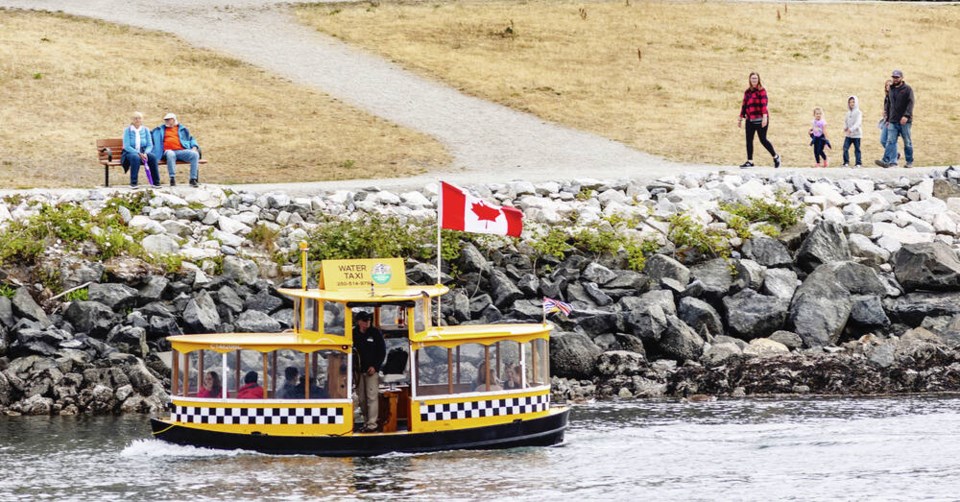For anyone looking to jump into summer from the starting line, the time to put on a bathing suit and flip-flops is exactly 7:58 a.m. today.
That’s when the summer solstice officially makes its 2023 appearance, said Environment Canada meteorologist Terri Lang, although weather experts consider June 1 to be the true start of the season.
That allows them “to compare apples to apples,” she said, because the date of the solstice can vary from year to year.
Given the recent glut of wildfires across the province and around the country, Lang said there is a concern the summer could bring many more.
Federal Emergency Preparedness Minister Bill Blair described the wildfire situation this month as “the most severe we have ever witnessed in Canada,” with the area burned nationally so far suggesting the potential to set an all-time record.
Lang said Canadians can expect to experience above-average temperatures across the country during July, August and September.
It will be dry on Vancouver Island in the short term, she said, but it’s difficult to predict beyond that. “Our ability to forecast precipitation is not good, and it’s not really showing any solid patterns anyway.”
The recent cool, unsettled stretch dubbed “June-uary” is now giving way to a ridge of high pressure, meaning warmer days are ahead, said Lang, noting cool temperatures for at least part of June are not unusual — the ocean serves as “Mother Nature’s air conditioner.”
Based on 30-year averages, the typical daytime temperature on B.C.’s south coast for this time of year is 20 C, with overnight lows tending to be around 11 C. Temperatures are expected to rise into the mid-20s by the end of the week and into the weekend.
Of course, warm, dry weather is not a good thing for the forest fire situation, especially given how dry May was and how dry June has been so far, Lang said.
The intense heat seen in the summer of 2021 is not yet in the cards, she said, although weather patterns are difficult to predict more than 10 days ahead.
Dry conditions in the Coastal Fire Centre, which includes Vancouver Island, led to a campfire ban that began June 8, earlier than usual. The summer of 2022 didn’t see a campfire ban in the Coastal Fire Centre region until Aug. 4.
One sure sign that summer has arrived is seasonal adjustments to the transit system’s timetable, partly based on the fact that once classes end at area schools and the University of Victoria, there is considerably less need for service.
“We alter service in the summer just to ensure that we’re meeting the changing demand,” said B.C. Transit spokesperson Jaime Weiss. “We’ve got a planning and scheduling team that carefully watches mobility trends and what’s happening with our ridership.”
That means changes such as extra trips for Route 70 between downtown and Swartz Bay, and more Saturday trips to Butchart Gardens — where the annual traditional of summer fireworks displays is scheduled for 10 Saturdays in July, August and September.
The fireworks will be held after weekly consultation with the Central Saanich Fire Department, with cancellation possible in the event of extreme weather.



